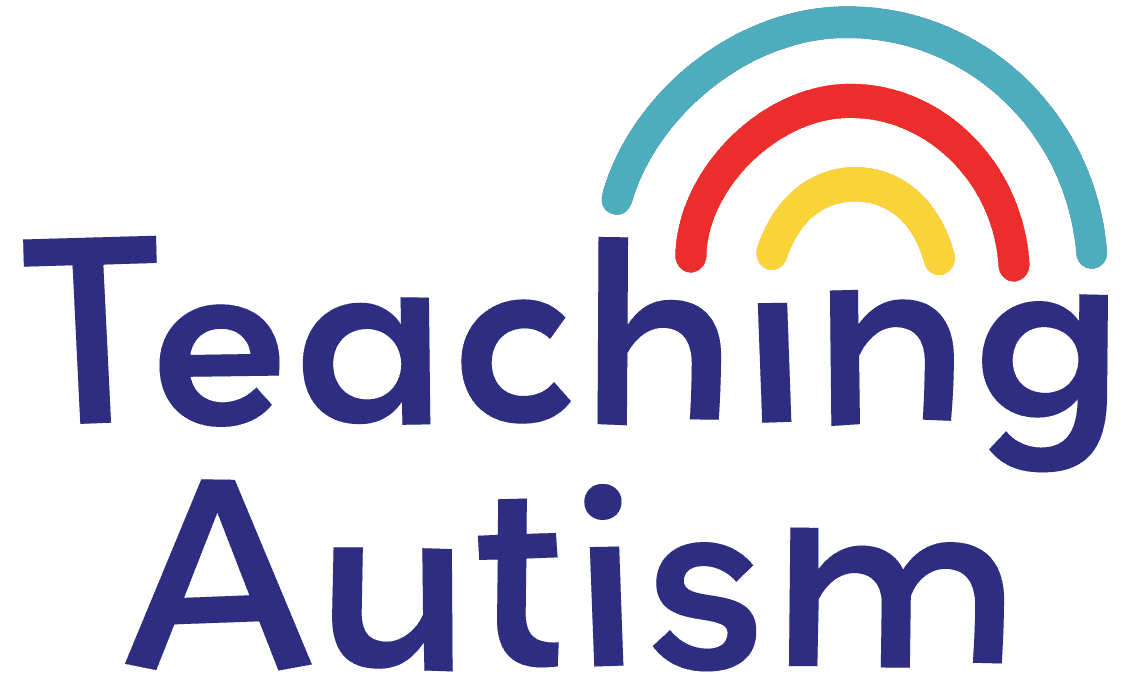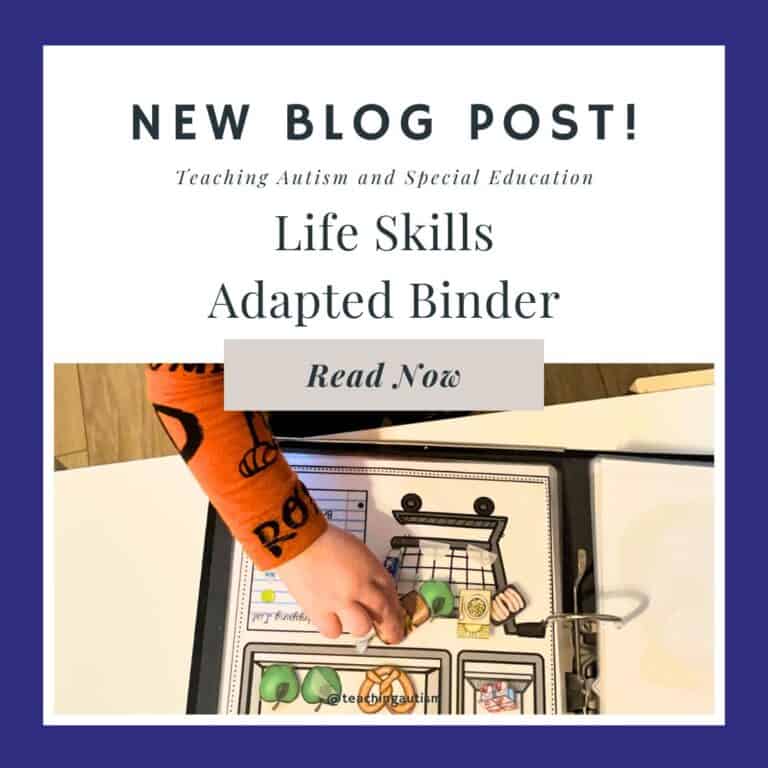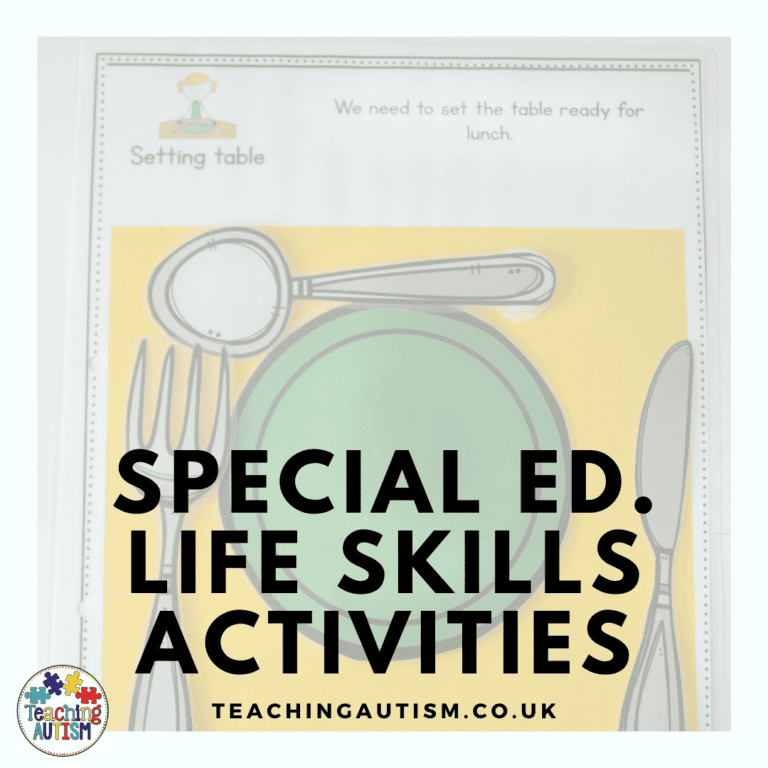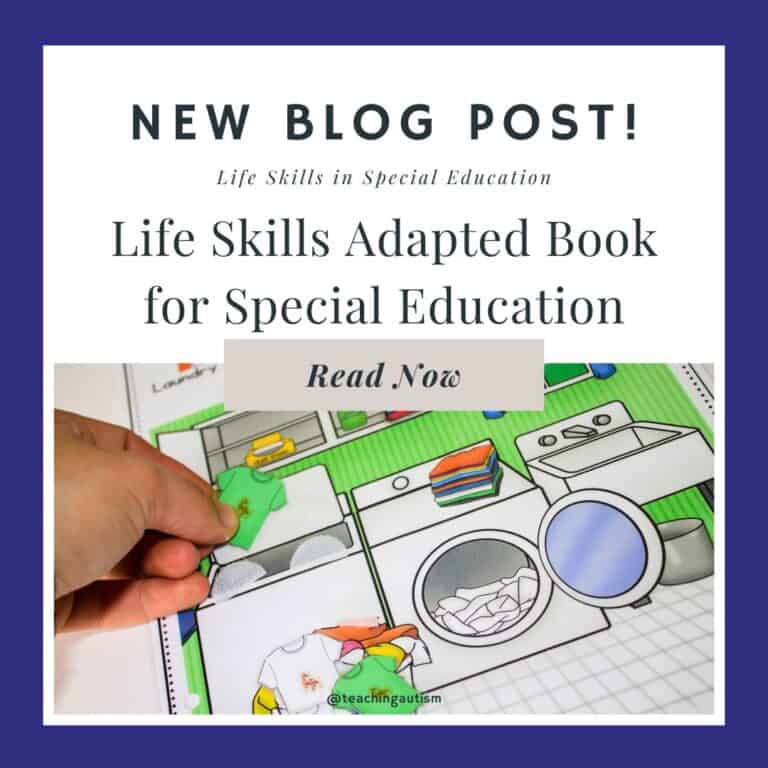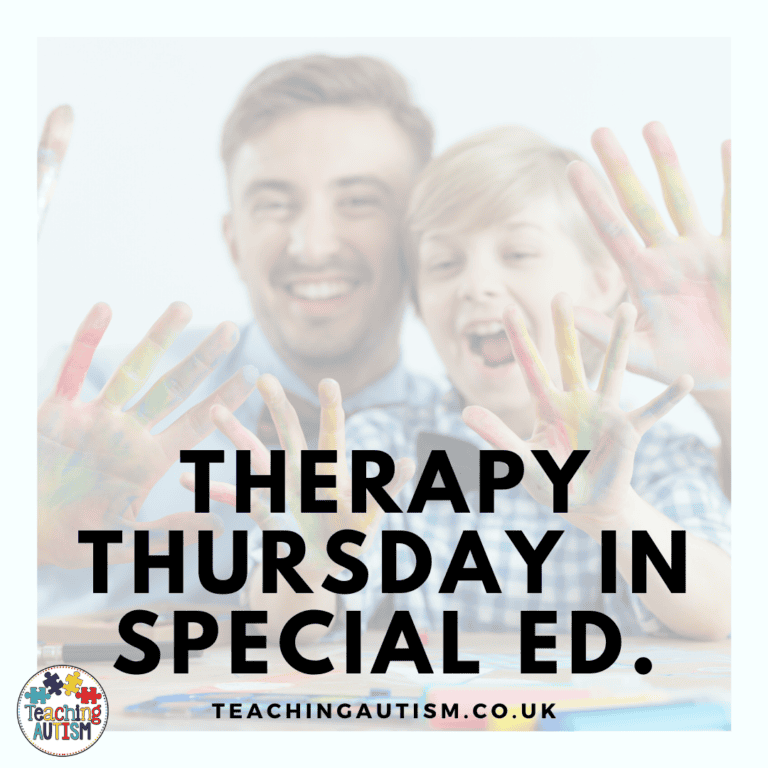Why It’s Important to Teach Life Skills in Schools
I know that a lot of us are juggling 500 different balls in our classrooms trying to cover everything needed. But, one of the most important balls is life skills. If you want to know more about what life skills are, I recommend reading this blog post first.
Today, I want to share with you all the reasons why I think it’s important to teach life skills in schools. And not just within special education. So many of our students in general education can benefit from life skills as well.
Facts
Did you know that the amount of young adults, aged between 20-34 living with their parents at home has reached an all time high? Sure, there’s reasons why this may have happened – like increased living costs, house prices going up, wages not rising enough to match there. But, there’s also a huge increase in people building up debts – because they simply don’t know how to manage their money.
You see, at school, we are taught a huge range of skills. But, we aren’t taught important life skills (at least I wasn’t..) with things like;
- How to get a job,
- Why you need a job,
- Money management,
- Debt management,
- Cooking,
- Living a health life,
- and so on..
Now I’m not saying this to put extra pressure on you, or to add more to your workload. I’m just sharing some facts with you so that you can see the impact that it can have on students as they grow older when they haven’t been taught vital life skills.
Cooking
For example, your cookery sessions don’t require you to have the best state-of-the-art kitchen in your classroom. You can work on a range of life skills in your classroom with food without cooking in ovens. You can;
- Making sandwiches/baguettes.
- Toast – this does require a toaster.
- Toasted sandwiches.
- No-cook cakes.
If you are lucky enough to have access to things like a microwave or oven, there’s even more great opportunities for your students like;
- Beans on toast.
- Cheese on toast.
- Pizzas.
- Cakes.
- Paninis.
- Eggs.
- Soup.
All of these can come in handy for your students to teach them basic life skills especially for food. And you can expand on these sessions by talking about a healthy diet and lifestyle. As well as working on the different food groups.
All of these things can be linked to the curriculum; you don’t have to abandon the curriculum in order to work on life skills.
Even just working on recipes can be a huge life skill to work on. What do they need? Do they need to go shopping for ingredients? What about measurements – how are they going to weigh or measure the ingredients?
Even just spending some time measuring water in jugs, putting things on weighing scales etc.
Basic Hygiene
This is another important life skill that we can help to teach. Encouraging students to keep on top of their hygiene is important, and once taught will hopefully carry through with them for the rest of their lives. This can be as simple as having prompt posters in toilets such as ‘flush the toilet’ ‘wash your hands’ ‘dry your hands’ etc. After messy activities, encourage your students to clean themselves. Have times after lunch where you encourage your students to brush their teeth.
Shopping
This is another important life skill that many students don’t know how to complete. They may not know to make a list or how to make a shopping list, then go shopping and just put anything in the trolley, without thinking it through, then end up back at the shops the next day. This is where you could introduce meal planning, have students plan what meals they want to make through the week, look at what they need for these meals, and then go shopping for them. This can be made into a fun hands on resource – or you can even put it into action by having a classroom list for snack.
For example..
1) “Today, we’re going shopping. First, we need to plan what we want to have for snack in our classroom this week.” Draw on the board – or have a piece of paper – of 5 days of the week and a box for each day. Encourage students to vote for what they want for snack each of the days, i.e jam on toast, fruit, cup of tea etc.
2) Then have students think what they need for each of these – i.e for jam on toast you need jam, butter and bread.
3) Write all these down – or have students write them up on a symbol based writer on the computer so they have visual support too.
4) Now everyone has the list, let’s go shopping! In the shop, follow through the list and tick off items that you have purchased, so you know what you still need to get.
5) Get to the tills – work on money skills by handing over money to the cashier.
Why
Teaching life skills means that we are helping to give our students the best chance at having a meaningful life. We’re helping teach them the skills that they need in order to function on a daily basis and get the most out of their life.
Teaching life skills is important because it will help our students become more independent and successful. Life skills provide the groundwork for your students to continue to be successful in other areas in the classroom as well.
Your students will be able to develop new ways of thinking and how to solve problems. It will also help them to become more responsible for their own actions – and this can be especially beneficial when you’re working on behaviors with your students. But, most importantly, it will help your students to progress with their confidence and social skills.
What other life skills do you think are important for us to be teaching to our students?
Let us know in the comments down below. You may also find the following life skills posts helpful;
- Life Skills for Special Education
- What Are Life Skills?
- Life Skills Activities to Try
- Teaching Life Skills
- Classroom Coffee Cart
- Life Skills Activities on Teachers Pay Teachers
- Activities On Our Online Store
If you found this blog post helpful, please consider sharing it on social media with your friends and colleagues.

